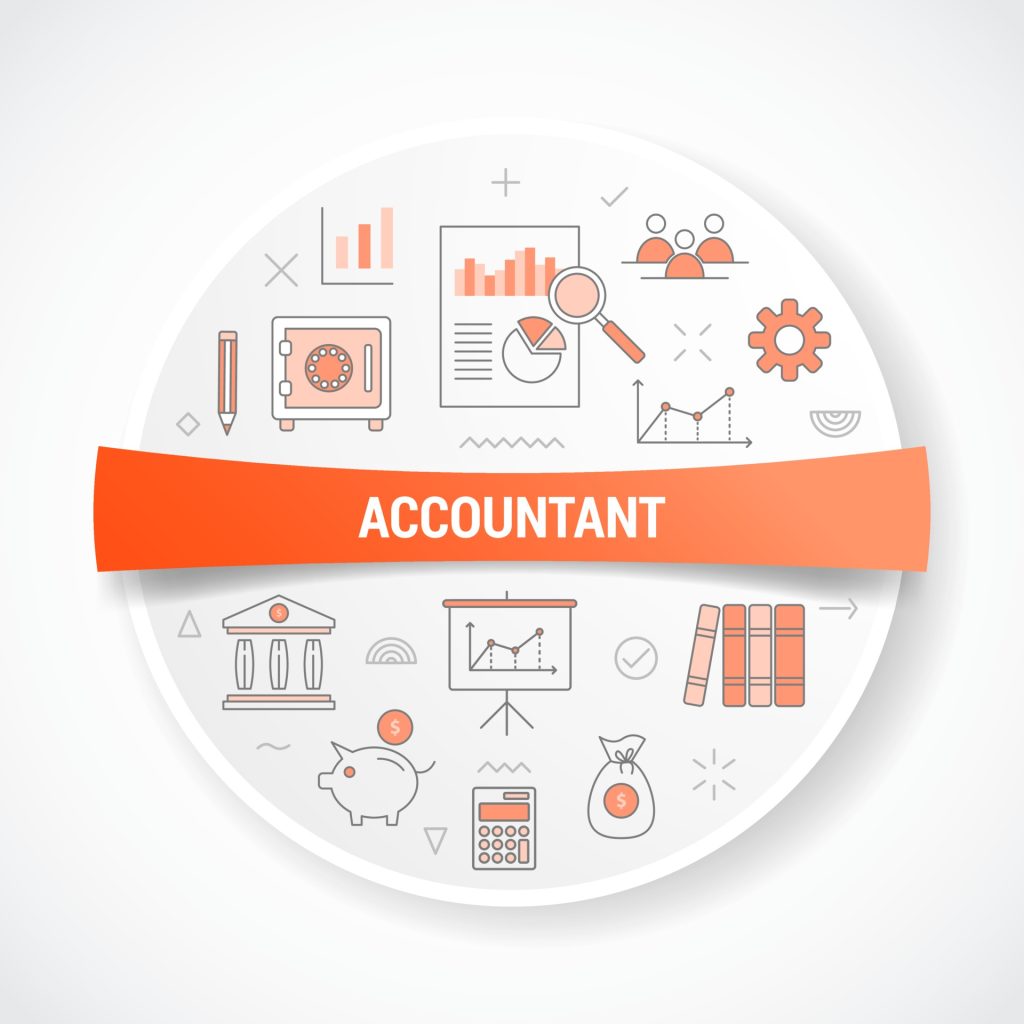Accounting is often referred to as the language of business. It is a systematic process of recording, summarizing, and analyzing financial transactions to provide valuable insights into a company’s financial health. Whether you’re a small business owner, a student, or someone interested in the financial world, understanding accounting is crucial. This article will explore the fundamentals of accounting, its importance, and how it impacts businesses and individuals alike.

What is Accounting?
At its core, accounting involves the systematic recording of financial transactions. These transactions include everything from sales and purchases to payments and receipts. The primary objective of accounting is to provide a clear and accurate picture of a company’s financial position, performance, and cash flows. This information is essential for making informed business decisions and ensuring regulatory compliance.
The Importance of Accounting
- Financial Transparency: Accounting provides transparency by documenting all financial activities. This transparency is crucial for stakeholders, including investors, creditors, and regulatory bodies, who rely on accurate financial information to make decisions.
- Decision-Making: Accurate accounting records enable business owners and managers to make informed decisions. By analyzing financial data, they can identify trends, assess performance, and plan for the future. This helps in setting realistic goals and developing strategies to achieve them.
- Legal Compliance: Proper accounting ensures that a business complies with financial regulations and tax laws. Accurate records make it easier to file taxes, reducing the risk of errors and potential penalties.
- Performance Measurement: Accounting helps in measuring a company’s performance over time. By comparing financial statements from different periods, businesses can evaluate their growth, profitability, and efficiency.
Key Components of Accounting
- Recording Transactions: The first step in accounting is recording all financial transactions. This involves documenting every sale, purchase, payment, and receipt. Each transaction is recorded in a journal, which serves as the primary record of all financial activities.
- Classifying Transactions: Once transactions are recorded, they need to be classified into different accounts. These accounts include assets, liabilities, equity, revenue, and expenses. This classification helps in organizing financial data and makes it easier to generate financial reports.
- Summarizing Transactions: After classification, transactions are summarized into financial statements. The three main financial statements are the income statement, balance sheet, and cash flow statement. These statements provide a comprehensive view of a company’s financial health.
- Analyzing Financial Data: The final step in accounting is analyzing the financial data. This involves interpreting the financial statements to gain insights into the company’s performance. Analysis helps in identifying strengths, weaknesses, opportunities, and threats, enabling better decision-making.
Types of Accounting
- Financial Accounting: This type of accounting focuses on the preparation of financial statements for external users, such as investors, creditors, and regulatory agencies. Financial accounting follows standardized guidelines known as Generally Accepted Accounting Principles (GAAP) or International Financial Reporting Standards (IFRS).
- Managerial Accounting: Managerial accounting is used for internal decision-making. It involves preparing detailed reports and forecasts to help managers plan and control business operations. Unlike financial accounting, managerial accounting is not bound by standardized guidelines.
- Cost Accounting: Cost accounting focuses on determining the cost of producing goods or services. It helps businesses in setting prices, controlling costs, and maximizing profitability. Cost accounting is particularly important for manufacturing companies.
- Tax Accounting: Tax accounting deals with the preparation of tax returns and ensuring compliance with tax laws. It involves calculating taxable income, determining tax liabilities, and planning for future tax obligations.
The Role of Technology in Accounting
In today’s digital age, technology has revolutionized accounting. Accounting software, such as QuickBooks, Xero, and FreshBooks, has made it easier to record, classify, and summarize financial transactions. These tools automate many accounting tasks, reducing the risk of errors and saving time. Additionally, cloud-based accounting solutions provide real-time access to financial data, enabling businesses to make timely decisions.
Becoming an Accountant
If you’re interested in pursuing a career in accounting, there are several steps you can take:
- Education: A bachelor’s degree in accounting or a related field is typically required. Many universities offer specialized accounting programs that provide a strong foundation in financial principles and practices.
- Certification: Obtaining a professional certification, such as Certified Public Accountant (CPA) or Chartered Accountant (CA), can enhance your career prospects. These certifications require passing rigorous exams and meeting experience requirements.
- Experience: Gaining practical experience through internships or entry-level positions is crucial. Hands-on experience helps in developing the skills and knowledge needed for a successful accounting career.
- Continuous Learning: The field of accounting is constantly evolving with new regulations and technologies. Staying updated through continuous learning and professional development is essential for career growth.
Conclusion
Accounting is an indispensable part of any business. It provides the financial insights needed to make informed decisions, ensure legal compliance, and measure performance. Whether you’re managing a small business or pursuing a career in accounting, understanding the fundamentals of accounting is key to financial success. Embrace the power of accounting, and you’ll be well-equipped to navigate the financial landscape with confidence.
I hope this article provides a comprehensive overview of accounting. If you have any specific questions or need further details, feel free to ask!
